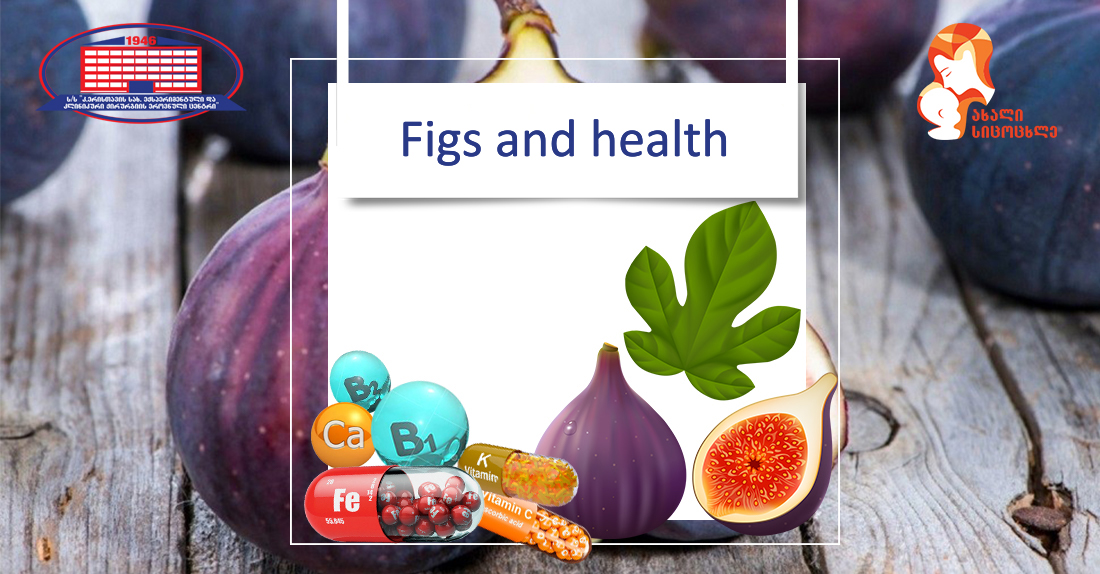- This is interesting
- Health and Lifestye
-
Helpful Advice
- Gastroenterologist advises
- Toxicologist advises
- The traumatologist advises
- therapist advises
- Rheumatologist advices
- Gynecologist advises
- Allergist advises
- Proctologist advises
- Neonatologist advises
- Neurologist advises!
- Hematologist advises
- Oto-rhino-laryngologist advises
- Epidemiologist Advises
- Ophthalmologist Advises
- Obstetrician-gynecologist Advises
- Endocrinologist Advises
- Cardiologist Advises
- Nutrition

Yes, according to endocrinologists, figs are distinguished with a high nutritional value.
Rich in various vitamins and minerals, roughage, dietary fiber, it’s a strong antioxidant and contains less fat.
Figs contain prebiotic that helps the normal growth-development of intestinal microflora, and hence, this fruit is good for digestive processes and protects us from constipation.
Endocrinologist of the clinic “New Life” of National Center of Surgery, Ana Mamasakhlisi discusses the topic
Figs contain the following minerals and vitamins:
- Calcium;
- Iron;
- Magnesium;
- Zinc;
- Copper;
- Manganese;
- Selenium;
- Vitamin A;
- Vitamin C;
- Vitamin K;
- B complex vitamins (B1, B2, B6).
According to scientists, figs nourish the skin and moisturize hair. That’s why fig often is the main ingredient of numerous shampoos and masks.
Negative qualities of figs
It’s only fair to mention negative qualities alongside the positive ones.
Figs might cause an allergic reaction that, of course, is an individual problem.
It might cause diarrhea, and in this case, it shouldn’t be consumed in high quantity.
Figs have a moderate Glycemic Index, which determines its’ sweetness and that’s the reason why it’s not recommended for patients affected by diabetes, but is allowed in arterial hypertension.
Due to its' high amount of potassium, the fruit is not recommended during kidney failure.
Wish you health!










